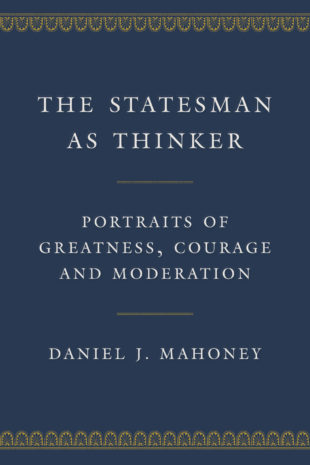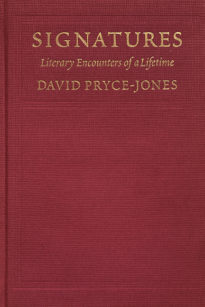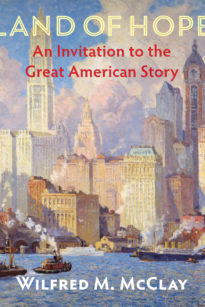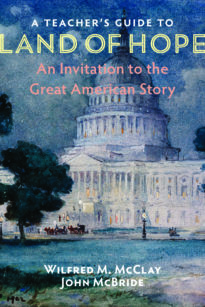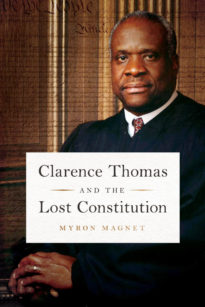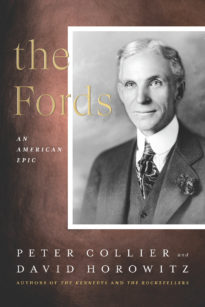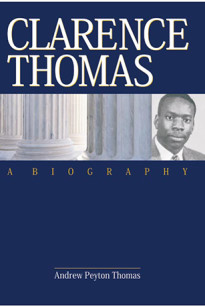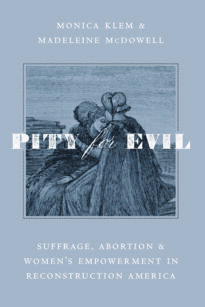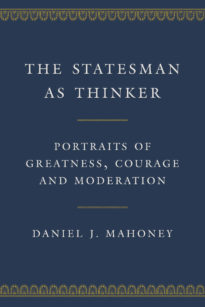In one of the greatest prose works of French literature, Memoirs from Beyond the Tomb, François-René de Chateaubriand (universally known as Chateaubriand) draws a most artful, instructive, and memorable comparison between George Washington and Napoleon Bonaparte. Chateaubriand was a Legitimist (a supporter of the old French monarchy in the form of the Bourbon family), a Catholic, and what one might call an aristocratic liberal, a profound lover and defender of human freedom and dignity (and also a romantic when it came to things of the heart). He had no trouble discerning Napoleon’s greatness, but he came to see that it was bereft of goodness and of a genuine concern for the common good. He irrevocably broke with Napoleon after the kidnapping and eventual execution of the Duc d’Enghien on March 21, 1804, seeing in this cruel and cold act a terrible crime that “introduced a new principle into Bonaparte’s conduct.” Henceforth, Bonaparte became “an object of fear and suspicion.” His soul was sullied, and he became more openly and coldly despotic: “His great qualities remained the same, but his good dispositions became impaired and no longer supported his great qualities; corrupted by that original stain, his nature deteriorated” (MFBTT, 221). Reflecting on the fall of Napoleon first in 1814 and then after the Battle of Waterloo in 1815, Chateaubriand castigated the selective memory of too many of the French people who only remembered Napoleon’s glory but could not “hear the curses of [his] victims and their cries of pain and distress.” In the end, the French as a whole became “weary of his tyranny and his conquests” (MFBTT, 267). As Charles de Gaulle would later suggest, Napoleon is an object lesson in what happens when grandeur is separated from moderation.
To be sure, French circumstances made it difficult for Napoleon to play the role of Washington, but they did not necessitate endless conquests, the wholesale repression of political liberty, and the betrayal of his allies and admirers such as Tsar Alexander of Russia. Washington, whom Chateaubriand met on two occasions in Philadelphia in 1791, showed another more genuine path to greatness. He was the dignified president of a decent and lawful modern republic, one whose example revealed that “in order to be free, a man is no longer obliged to plough his own small field, to curse the arts and sciences, or to have hooked nails and a dirty beard” (MFBTT, 132), a playful response to Rousseau if there ever was one. Chateaubriand saw in Washington an antique grandeur, a Roman simplicity, and a remarkable example of a “soldier-citizen” (MFBTT, 133) who knew when to go home. When Chateaubriand met Washington in 1791, the French writer and diplomat had acquired little fame. Still, he felt “fortunate indeed” that the great man’s “gaze should have fallen upon” him. He strikingly adds: “There is virtue in the gaze of a great man” (MFBTT, 134).
Chateaubriand later notes that when Washington went back to his estate at Mount Vernon in 1797 after two terms as president of the new American republic, he “cannot have experienced the regrets” that haunted Napoleon in exile. Chateaubriand goes to the heart of things: in the end, Napoleon was “a solitary man, he was sufficient unto himself, misfortune did nothing but to restore him to the desert that was his life” (MFBTT, 292). The tyrant, not the statesman, is marked in the end by a hollow if self-aggrandizing soul.
We must remember that Napoleon was no Lenin, Hitler, or Stalin, and he did not war on civilization as such. If Washington, like Churchill, was an “indomitable and magnanimous statesman,” Napoleon was not what Leo Strauss rightly called Hitler, an “insane tyrant” (with clear emphasis on moral insanity, not mental illness). Yet Bonaparte revealed the false allure of greatness shorn of the cardinal virtues first discerned by the ancients and further developed by Christian thought: courage, prudence, justice, and temperance. These virtues, and not the pursuit of power-seeking as an end in itself, are at the core of authentic political greatness.
The first chapter of this book, “Statesmanship as Human Excellence,” serves as a synoptic introduction to the themes of the book as a whole and can profitably be read on its own terms. The book brings together two principal themes and emphases: the study of genuinely reflective and even philosophically minded statesman who embodied magnanimity, greatness of soul—marked by moderation, a public-spirited concern for the public good, and genuine depth of soul—with an analysis and articulation of the cardinal virtues that animate this rare combination of magnanimity and moderation. The qualities and virtues of such statesman are ably summarized by the nineteenth-century American Catholic man of letters Orestes Brownson: “What is especially needed in statesmen is public spirit, intelligence, foresight, broad views, manly feelings, wisdom, energy and resolution.”3 At its peaks, such rare but indispensable statesmanship is characterized by an unforced melding of the moral and intellectual virtues with a resoluteness and determination that steels those committed to the defense of ordered liberty and the inheritance that is civilization itself. Such, in fact, are the heroes of Western civilization. This study is intended to revive not just their memory but the understanding of what they represent.
This book is an exercise in what my friend the German Voegelinian political philosopher Tilo Schabert has called “empirical political philosophy” with a strong admixture of political history and even theological reflection. The empiricism Schabert and I refer to is not reductively positivistic, looking at only what can be quantified. No, it takes into account all the powers of the human soul and the wisdom—practical and intuitive or noetic— that transcends pragmatic rationality and the distorting identification of the real with only those things that can be measured in a very precise way. It is political science in the tradition of Aristotle and Tocqueville. The book does not aim to be exhaustive: It centers around Cicero, Burke, Washington, Tocqueville, Lincoln, Churchill, de Gaulle, and Havel while making collateral reference to Solon, Pericles, Jefferson, Pyotr Stolypin, Mandela, Reagan, and Thatcher. Its emphasis is on those rare and admirable souls who embodied magnanimity tempered by moderation, who embodied the cardinal virtues in a morally serious and realistic way, and whose rare combination of thought and action partook of the philosophical. All of this will be developed in a more fulsome and concrete way in Chapter 1. In a “Final Note,” I will touch, but only touch, on more contemporary figures and developments.
